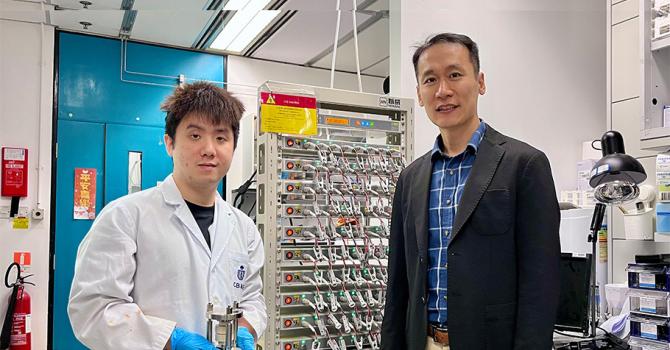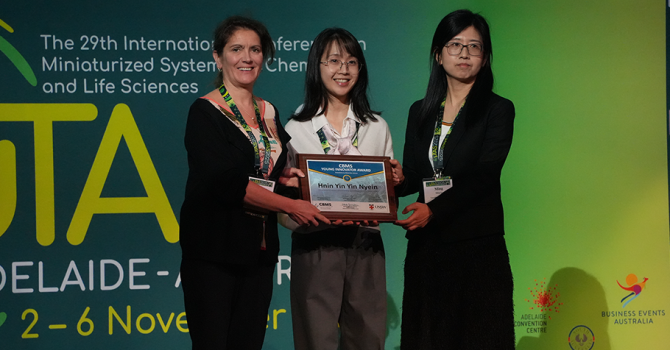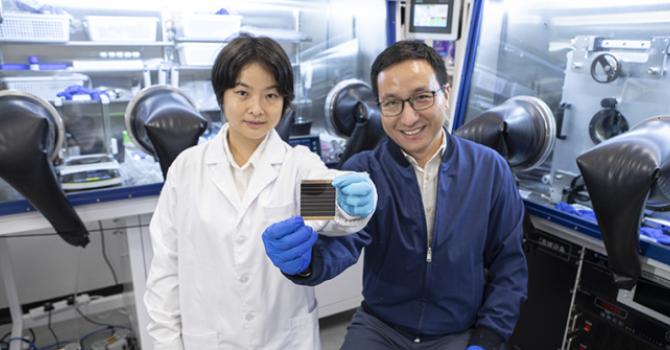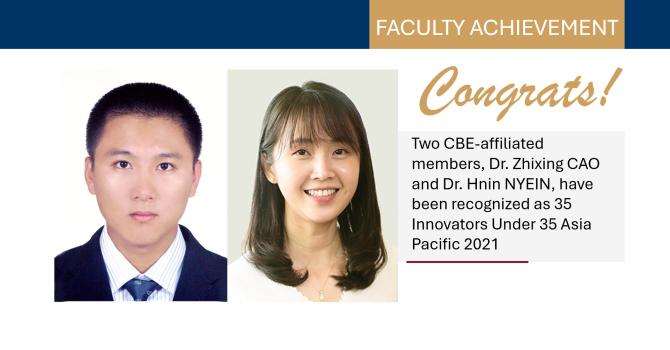Professor Yuanyuan ZHOU and His Research Team Achieve Breakthrough in New-Generation Solar Cells
Professor Yuanyuan ZHOU and his research team have achieved a significant breakthrough in the field of solar energy. Their research work, has been published recently in the Science Paper, focuses on improving an emerging type of solar cell known as perovskite solar cells. These solar cells are highly advantageous as they can effectively convert sunlight into electricity. However, a challenge they faced was the insufficient adhesion between the different layers of the cells, which resulted in reduced reliability.
To address this issue, Professor Zhou's team mimicked the strength of natural chiral structures. They inserted chiral-structured interlayers based on R-/S-methylbenzyl-ammonium between the perovskite absorber and electron transport layer to create a strong, elastic heterointerface. The encapsulated solar cells retained 92% of their power conversion efficiency of about 26% after 200 cycles between −40° and 85°C for 1200 hours, tested under the International Electrotechnical Commission (IEC) 61215 solar cell standards.
This breakthrough holds great promise for the future of solar energy. With the potential for enhanced reliability and efficiency, the future perovskite solar panels could become even more dependable in various weather conditions, ensuring continuous electricity generation over extended periods.
Congratulations to Professor Yuanyuan ZHOU and his team for their exceptional research, which has contributed to advancing the field of solar energy.
Related Links
- Chiral-structured heterointerfaces enable durable perovskite solar cells | Science
- HKUST Engineering Researchers Discover a “Secret” Hidden Structure that Paves New Way of Making More Efficient and Stable Perovskite Solar Cells | Department of Chemical and Biological Engineering
- HKUST Engineering Researchers Enhance Perovskite Solar Cells Durability with First-of-Its-Kind Chiral-Structured “Springy” Interface | Department of Chemical and Biological Engineering





